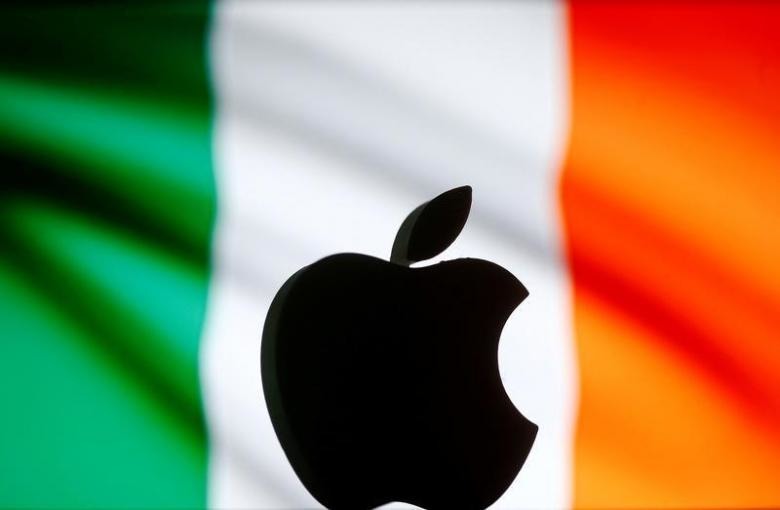Fulfilling a promise, Apple on Monday formally appealed a tax ruling by the European Commission ordering Ireland to collect at least $13.6 billion in back taxes.
The European Union "took unilateral action and retroactively changed the rules, disregarding decades of Irish tax law, U.S. tax law, as well as global consensus on tax policy, that everyone has relied on," Apple claimed in a statement to Bloomberg. The company has made similar statements in the past, insisting that it follows the law and pays everything it owes.
In a filing of its own, however, the Commission published more details of its two-year investigation, reiterating its stance that Ireland offered preferential tax treatment to Apple, something illegal under E.U. law. The Commission elaborated that Irish tax practices were "too inconsistent" to establish solid rules for profit allocation, and that the means used to produce taxable profit for Apple units didn't follow the arms-length principle for transfers between different parts of a company.
The Commission also defended itself against accusations leveled by Apple and Ireland, insisting that it respected both parties' procedural rights, and gave Ireland "ample opportunity" to make its positions known — something that happened "on multiple occasions." Apple was only able to offer observations, but took advantage of that several times. The investigation never took its focus off of profit allocation methods, the Commission continued.
Apple's appeal joins an earlier one filed by Ireland, which nevertheless put out a new statement on Monday, attacking the E.U.'s charge that Apple shifted nearly all of its European profits to two "head offices" in Ireland — Apple Sales International, and Apple Operations Europe — so they couldn't be taxed.
"These branches carried out routine functions, but all important decisions within ASI and AOE were made in the U.S., and the profits deriving from these decisions were not properly attributable to the Irish branches of ASI and AOE," the Irish finance ministry said.
Apple has claimed that those units were never fully exempt from taxes, and are in fact subject to deferred U.S. taxation, though that would only apply if the company decided to repatriate the money — something it has refused to do unless U.S. politicians grant it a tax holiday.
Officially Apple will have to pay the back taxes within a matter of weeks, Bloomberg said. That money will be held in escrow however, and the appeals process could take several years to resolve.
 Roger Fingas
Roger Fingas

-m.jpg)






 Andrew O'Hara
Andrew O'Hara
 Wesley Hilliard
Wesley Hilliard

 Malcolm Owen
Malcolm Owen
 Marko Zivkovic
Marko Zivkovic

 Chip Loder
Chip Loder
 Christine McKee
Christine McKee




-m.jpg)




30 Comments
I believe Apple and Ireland will win this one.
OTOH, even if it were to lose, Apple will will merely set it off against taxes owed in the US, so it'll be the US taxpayers who lose. Ireland could pay a significant price in the long run by having become a less attractive place to do business.
Regardless of how this plays out, one thing is clear -- the world is becoming a lot more complicated for multinational corporations like Apple. You can't count on the laws being enforced as written any more. I suspect it's going to get a lot worse before it gets better.
The EC is out of control. No other way to say it. The concept started out as great but from retroactive laws to their ruling to allow people to globally white wash history, the EC needs to be reigned in.
It's interesting how so many more court cases are being tried in the court of public opinion instead of in court where all evidence is supposed to be presented and logged into court records. I assume these filings were appropriately filed into the court records but why are they being released as "public" records before the case is even tried? Apple, Ireland and the EU Commission are already trying the case without a judge(s), which means nothing is final. Can we just wait until the court actually starts proceedings before we try this case????